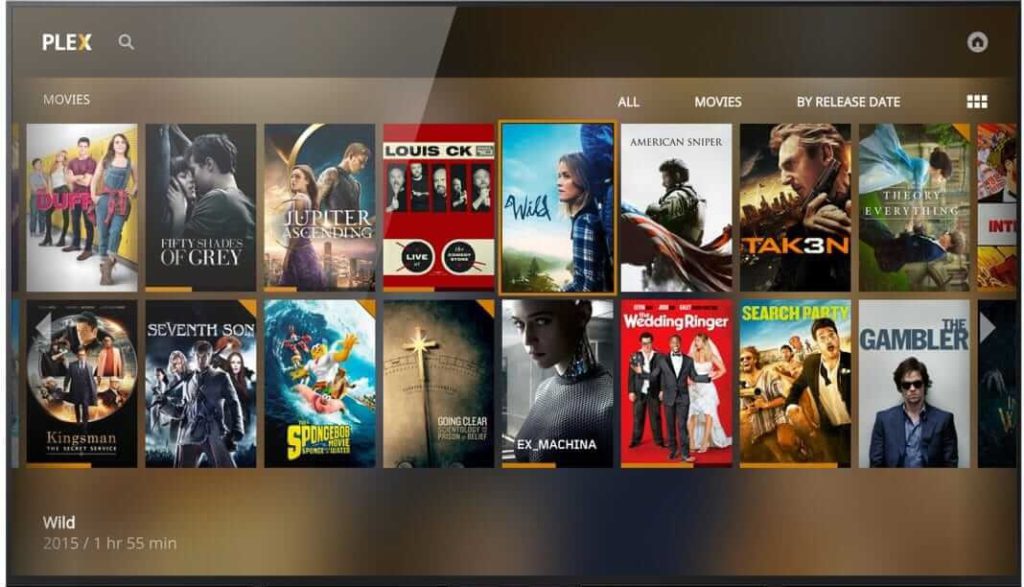

However, as of now, this workaround is the only way of resolving this issue. In no way is this the perfect method to rectify this issue as it raises a red flag from the security point of view. So this was all from this guide on how you could fix the Plex slow and lagging issues on Samsung and LG Smart TV.

Now click on the drop-down menu next to Secure Connections.Then select Network from the left menu bar.Head over to the Settings menu on the Plex app.Then set “Allow Insecure Connections” to “Always”.After that, go to the Advanced section (or Main section on older TVs).To begin with, head over to the Settings menu on the Plex app.It goes without saying that allowing an insecure connection could prove to be a major security concern as the data being exchanged between your TV and streaming device will no longer be encrypted. So on that note, let’s put this fix to test right away. But why are we mentioning this all here? This is because upon carrying out the two aforementioned tweaks, users were able to fix the Plex slow and lagging issues on Samsung and LG Smart TV. These include setting the Plex app to Allow Insecure Connections and setting the Plex Media Server to Preferred instead of Mandatory. So how could we allow connections to a personal server on these Samsung and LG Smart TVs? Well, you will have to checkmark two requirements for the list for that to happen. But again, due to root certificate limitations with Tizen, most Samsung models will not support secure connections with a personal Plex Media Server. Likewise, only the Samsung TVs that are running Tizen-based OS fall under the app’s compatibility list. However, due to root certificate limitations with this OS, only webOS 5.0+ devices support secure connections with a personal Plex Media Server.

When it comes to LG smart TVs, then the Plex app is supported on TVs running the webOS 3.0 and higher versions.


 0 kommentar(er)
0 kommentar(er)
